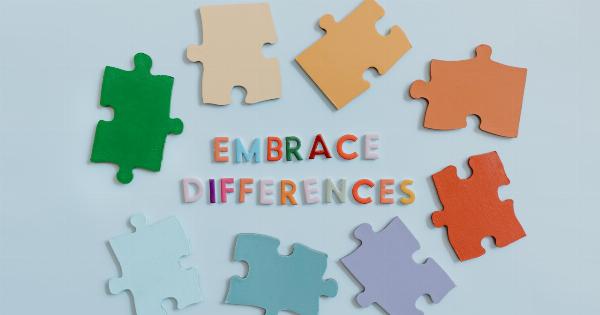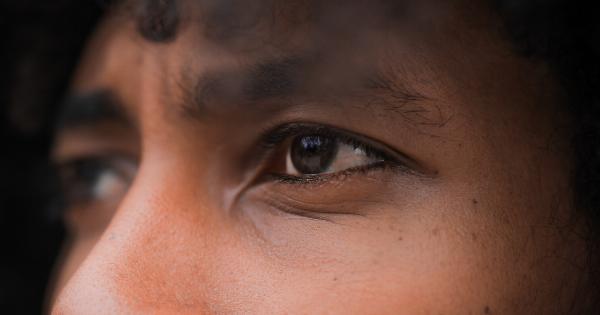Every year, on the last day of February, the world comes together to observe Rare Disease Day. This global event serves as a platform to raise awareness about rare diseases and the millions of people affected by them.
It is an opportunity to shine a light on the challenges faced by individuals with rare diseases, while also celebrating their strength and resilience. Rare Disease Day is a call to action for governments, policymakers, healthcare professionals, researchers, and communities to unite and make a difference in the lives of those living with rare diseases.
What are Rare Diseases?
Rare diseases, also known as orphan diseases, are conditions that affect a small percentage of the population. In the United States, a disease is classified as rare if it affects fewer than 200,000 people at any given time.
While the individual prevalence of each rare disease may be low, collectively, they impact the lives of approximately 400 million people worldwide.
The Everyday Challenges Faced by Individuals with Rare Diseases
Living with a rare disease can be a daunting and isolating experience.
Due to the limited understanding and often misdiagnosis of rare diseases, individuals face significant delays in receiving a proper diagnosis and access to appropriate treatments and support networks. The scarcity of scientific and medical knowledge about many rare diseases also poses a significant challenge, leaving patients and their families struggling to find accurate information and resources.
In addition to the physical and emotional burden, financial hardships are a common reality for those with rare diseases. Many treatments and medications for rare diseases are exorbitantly expensive, and insurance coverage often falls short.
The lack of affordable treatment options and financial assistance programs further exacerbate the difficulties faced by individuals and families.
Raising Awareness: Key to Empowerment
Rare Disease Day plays a crucial role in raising awareness about these often overlooked conditions.
By highlighting the experiences and stories of individuals living with rare diseases, we can provide a platform for education, understanding, and empathy.
Increased awareness can lead to earlier diagnoses, better access to treatments, and improved support systems for individuals and their families.
It also pushes governments and policymakers to prioritize rare diseases in their healthcare agendas, promoting research, funding, and legislation that can make a tangible difference in the lives of those affected.
A Global Effort for Change
Rare Disease Day is a global initiative led by patient organizations, advocates, and healthcare professionals. Events are organized in over 100 countries, ranging from awareness campaigns and fundraising walks to seminars and educational workshops.
These events aim to bring together the rare disease community, connecting individuals and families with each other to share experiences, knowledge, and resources.
They serve as a reminder that no one is alone in their journey and that together, we are stronger.
Hope for the Future
The theme for Rare Disease Day 2022 is “Hope for the Rare.” This theme embodies the optimism and determination of the rare disease community to continue advocating for change and making a positive impact.
Through increased awareness, research advancements, and collective action, hope is not just a sentiment but a catalyst for change.
Hope for better diagnostics, hope for more accessible treatments, and hope for a world where rare disease patients are no longer overlooked or left behind.
A Call to Action
Rare Disease Day is not just a day to acknowledge the struggles faced by individuals with rare diseases; it is a call to action. There are several ways that each of us can contribute to making a difference:.
1. Educate Yourself and Others
Take the time to learn about different rare diseases, their symptoms, and the challenges faced by those affected. Share this knowledge with others to raise awareness in your community and beyond.
2. Support Patient Organizations
There are numerous patient organizations dedicated to supporting and advocating for individuals with rare diseases. Consider donating your time, skills, or funds to help these organizations make a meaningful impact.
3. Participate in Rare Disease Research
From participating in clinical trials to sharing your experiences and insights, contributing to rare disease research can help drive scientific advancements and improve understanding of these conditions.
4. Advocate for Policy Changes
Contact your local representatives and policymakers to urge them to prioritize rare diseases in healthcare agendas and advocate for legislation that supports research, funding, and access to affordable treatments.
5. Show Support and Compassion
Small gestures can go a long way in uplifting someone’s spirits. Reach out to individuals affected by rare diseases, offer your support, and demonstrate empathy and understanding.
United in Hope
Rare Disease Day is a reminder that by coming together and taking collective action, we can make a difference.
It is a day to remember those who have lost their lives to rare diseases, honor the strength and resilience of those living with these conditions, and work towards a future where rare diseases are no longer a source of despair but a beacon of hope.



























